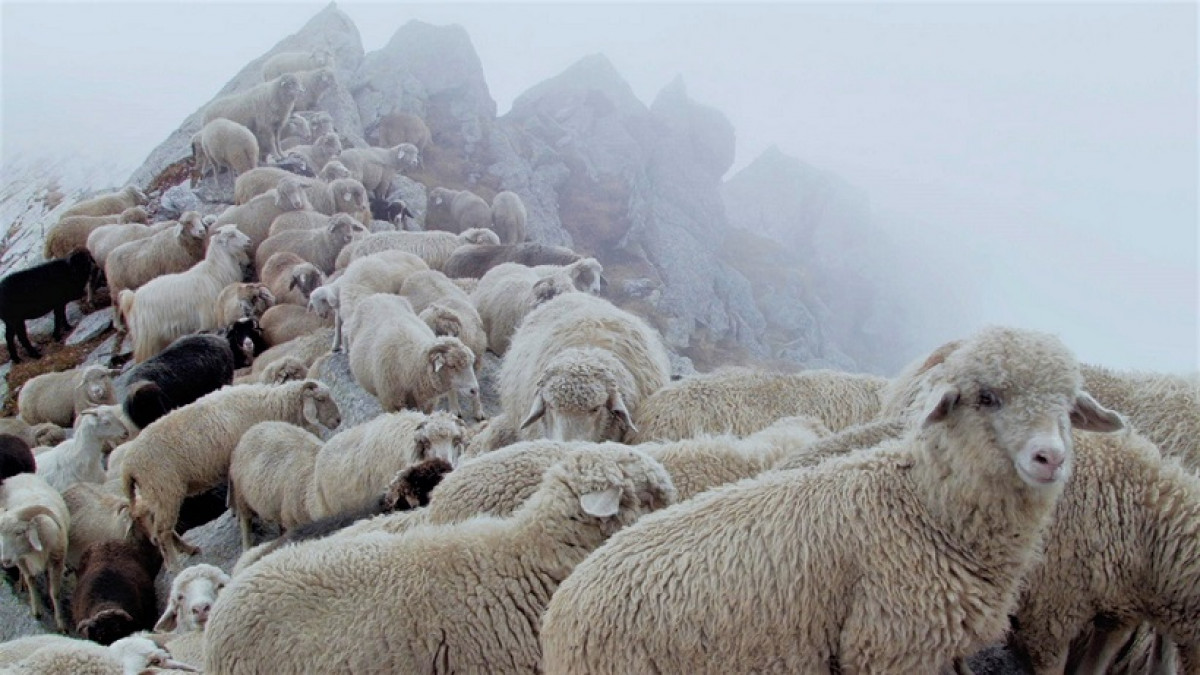Quick Reads
Film Review: The Tale
A claustrophobic tale about the abuse and victimhood

We tell stories in order to live and to survive. It’s a part of our daily routine, almost an unconscious habit. Whether we try to tell the truth or to cover up a lie, much of it is rooted in communication in order to connect with one another. What connects or makes us empathize with these tales are the experiences that we share in some way. They often become too personal to differentiate from the individual who’s narrating it.
Some of them will still skim the surface, without getting to the actual depth of it. The narrator from ‘The Tale’ had been doing the same for most of her life while trying to deceive herself from her own actuality. But the way she realizes the truth rather accepts it for what it is, will certainly send shivers through your bones; without knowing the exact feeling of being in that situation.
Jennifer Fox achieves the same feat while narrating her own life through this film. The filmmaker, who has an extensive career in documentary-making, begins the narrative with her character visiting a place in the same pursuit. While documenting the reality of rape victims from the rural parts of Asia, she finds herself enveloped in their pathos. Yet, there is a tangible detachment she seems to present or reflect on the outside world; almost like an objective point-of-view of looking into their truth and trying to present it. And that doesn’t seem to affect her daily routine either. She acts unhinged.
While the narrative proceeds in the film, her mother is shown to have found out some letters from her childhood. At the time, Jen was a shy, introverted girl who was trying to find an identity or at least an affirmation of her existence. While her busy father and disinterested mother doesn’t seem to have time to look at her, she finds Mrs. G, her instructor, whose companionship gives her that affection. She used to learn to ride horses from her where she gets smitten even with the tiniest possible things that Mrs. G did. At her farm, Jen meets another instructor, Bill, who's her running instructor.
Just like Mrs. G, the charm that Bill, accompanied by a sense of belonging they both gave to her, she started feeling freer in a sense. Freedom, that her parents hardly ever gave her for her to gain confidence. And Jen, or the narrator-director herself in this case, always tried to see the positive impact both of the instructors had on her. Even while she often acted like an adult, she was pretty naïve to understand the implications or even what most of those emotions meant. While both of these older people, influencers in her case, were persuading her into the rabbit hole; she was used for their own comfort and satisfaction. And she always took as an act of love. That stinging notion while dissecting her own story leads her to seek the truth that she hasn’t had come to terms with.
The hard-hitting drama, coming from her own life, has all the reasons to numb you without losing the sensitivity of the subject. The narrative style is purposefully used in order to showcase the way that the younger-her perceived the reality or the individuals around her. Whether it’s the questions that the adult-her would ask constantly bugging about her childhood or the way the younger-her saw the persuasion as the simple acts of humanity, the film implies techniques that can clearly describe the haunting reality.
Laura Dern is absolutely remarkable in her role where every part of her physicality speaks for all nausea surrounding her character. Not just her, but even Elizabeth Debicky was brilliant, whose performance has all the required nuances to create an alluring aura around Mrs. G. It’s exceptional how she can find the magnetism of her character while never losing the evil intentions lying just beneath.
I can go on and on about its use of music or the clever editing that seamlessly transitions from the tonal shifts of the script. And none of that would be able to describe how essential this film is, in order to have a voice of survivors out in the loud to better understand the evil acts which are normalized beyond extent. Thanks to Jennifer Fox whose efforts don’t seem to lose in translation and ends up making not just an important, but a meticulously-crafted film.





